Blog
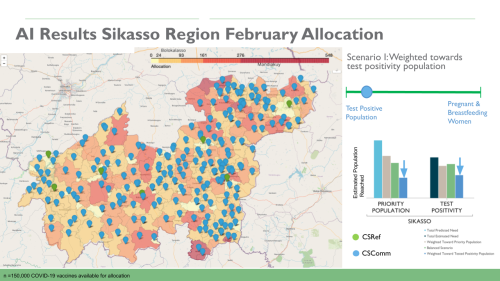
Mali: Exploring the use of artificial intelligence for improved COVID-19 vaccine allocation
In Mali, traditional methods of data analysis have been helpful in understanding the COVID-19 situation on the ground at the time the data were collected. But these methods only help with creating reactive programming—which is often expensive and comes too late for the hardest hit populations. That’s why CHISU is exploring the use of artificial intelligence (AI) to facilitate more proactive programming and improve Mali’s response to COVID-19 and future health emergencies. Read more ›
Monitoring trends and refocusing efforts: The role of data in improving maternal and newborn health
At this year’s International Maternal and Newborn Health Conference (IMNHC) in Cape Town, South Africa, attendees issued a call for renewed intensity of purpose from the global health community to better identify effective interventions for advancing maternal and newborn health. CHISU Deputy Project Director Dr. Stephanie Watson-Grant and Technical Director Derek Kunaka attended IMNHC in early May. During the sessions they participated in, both noticed the critical role data plays in advancing maternal and newborn health. Read more ›
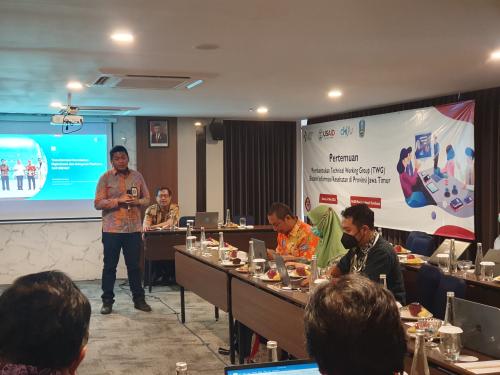
Fostering multi-stakeholder collaboration to strengthen health information systems in Indonesia
May marked a big development for health information system (HIS) strengthening in Indonesia’s East Java province. A multi-stakeholder technical working group (TWG) has been established to accelerate the development of HIS in the country—and with CHISU support, the East Java HIS TWG aims to model national-level multi-stakeholder collaboration efforts to improve the efficiency of health data use. Read more ›
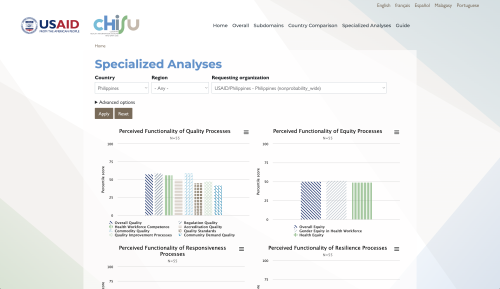
On March 30, USAID and CHISU hosted a webinar titled: “Commonalities and Differences in Ethiopia, Madagascar, and Philippines HPHC Tool Health System Assessments.” The webinar was the first in our series that shares learnings from health system assessments using the High Performing Health Care (HPHC) Tool in low- and middle-income countries (LMICs). Steve Ollis, Program Director for CHISU, moderated the discussion with panelists: Read more ›
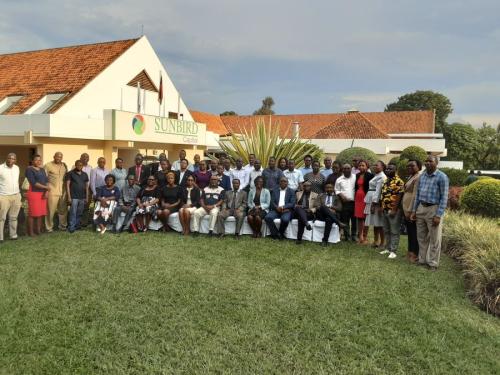
Toward zero: Strengthening health information systems to eliminate malaria in Malawi and Ghana
This World Malaria Day, we’re marking the date with World Health Organization (WHO)’s theme “Time to deliver zero malaria: invest, innovate, implement.” The international community is focusing on the third “i” – implement – and the importance of reaching marginalized populations with the tools and strategies available today. Read more ›
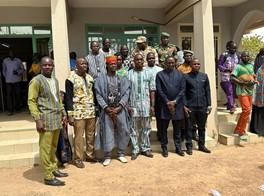
Collaborating across sectors to prevent rabies in Burkina Faso
After two people died from rabies last year in Sabou, Burkina Faso, regional authorities commissioned a joint investigation into these unusual health events. The investigation was carried out with technical and financial support from the Country Health Information Systems and Data Use (CHISU) program in Burkina Faso. Read more ›
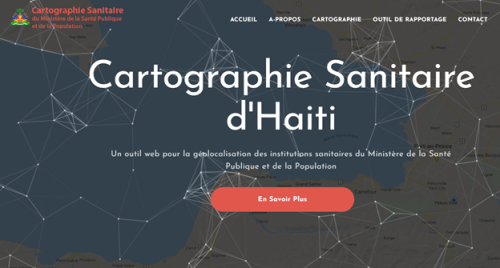
Improving Haiti’s national health data dashboard to support their cholera response
After its first cholera outbreak from 2010 to 2019, Haiti was cholera-free for three years. However, another cholera outbreak began in October 2022—pushing Haiti’s Ministry of Public Health and Population (MSPP) to reclassify cholera from being an “eliminated disease” to one under “active surveillance” in Haiti. [1] Read more ›
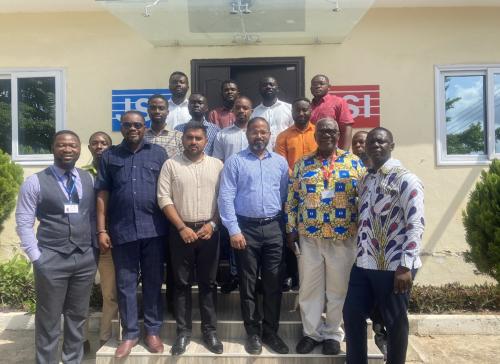
In consultation with the Ghana Health Service Information Communication and Technology Unit of the Policy Planning, Monitoring, and Evaluation Division (ICT/PPMED), CHISU engaged the information technology training institute Open Labs to conduct a three-week in-person training on cybersecurity and server administration for national-level ICT staff in January 2023. Read more ›
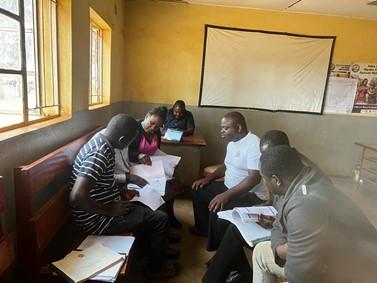
Scaling up district malaria data quality improvement interventions in Malawi
Malawi’s National Malaria Control Programme (NMCP) has been implementing periodic district mentorship to strengthen data management capacity at the facility level. This intervention improved reporting rates and timeliness of data entry into DHIS2 to 96% and 90% (2022) from 91% and 68.2% in 2018 respectively; however, data accuracy has historically been a challenge in the country, discouraging the NMCP from using data directly from DHIS2. Read more ›

Can digital transformation of health keep the pace of technological innovation?
Can Digital Transformation of Health Keep the Pace of Technological Innovation? Christina Villella looks back on the 2022 Digital Health Forum and reflects about the state of digital health and future trends and challenges, particularly equity, governance and human resources. Read more ›